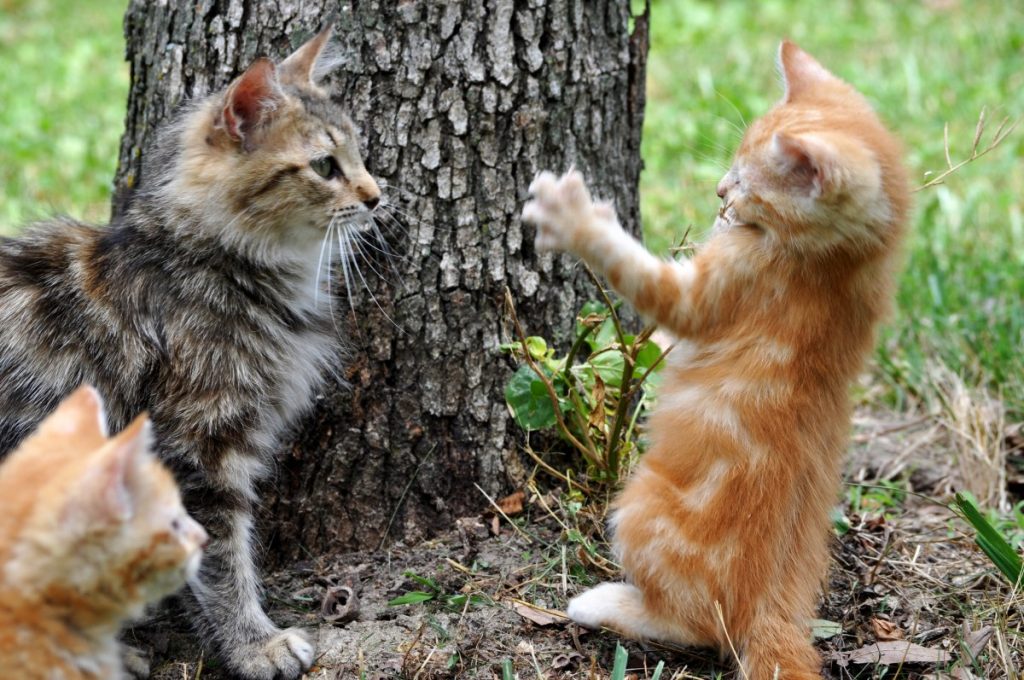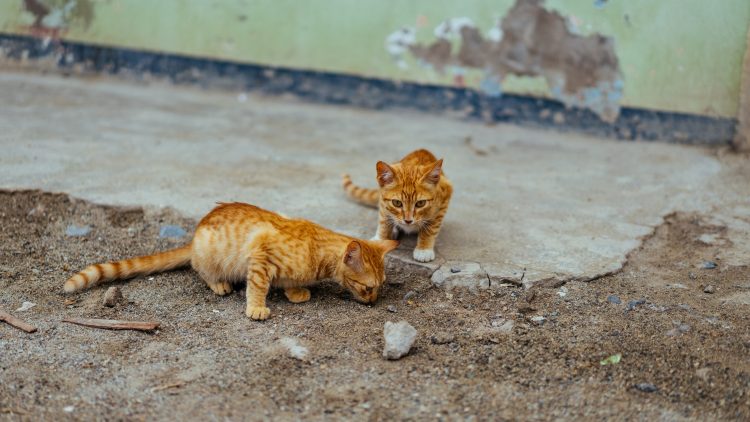Introduction: The Weighty Debate
Ginger cats, characterized by their vibrant orange fur and playful demeanor, often provoke curiosity about their health, specifically regarding their propensity to gain weight. This topic has garnered attention not only among cat enthusiasts but also among veterinarians and pet owners striving to ensure their feline friends lead healthy lives. But is there an inherent reason why these cats tend to be on the fluffier side?
The Genetic Predisposition
One of the primary reasons for the tendency of ginger cats to gain weight is their genetic makeup. Many ginger cats possess a trait that promotes a larger appetite. They are known for being less selective about their food, comfortably indulging in whatever is available. Coupled with a generally more sedentary lifestyle, this genetic predisposition makes them more susceptible to weight gain. Consequently, their diet and exercise habits play significant roles in their overall health.
The Influence of Gender
Another contributing factor is the gender dynamics among ginger cats. Most ginger cats are male, with females being relatively rare. Male cats, by nature, are typically larger and require more caloric intake than their female counterparts. This increased necessity for energy can lead to overeating if not properly monitored, further establishing the likelihood of obesity in these spirited felines.
Previous Life Experiences
A significant number of ginger cats come from backgrounds as strays or feral cats. This means that when food is presented, they instinctively eat heartily to prepare for potential food shortages. After transitioning to a domestic environment, these ingrained habits remain, often resulting in excessive consumption at mealtimes. This behavior, once rooted in survival instincts, can pose challenges for pet owners aiming to maintain a healthy diet for their cats.
The Laziness Factor
Over time, many ginger cats exhibit a shift in behavior from playful kittens to lethargic adults. While they may have been active in their youth, adulthood often comes with a substantial decrease in physical activity, leading to weight concerns. Their love for food and lack of exercise creates a perfect storm for weight gain. Without appropriate interventions, these cats can quickly find themselves on a slippery slope toward obesity.
Strategies for Managing Weight in Ginger Cats
Now that we understand the reasons behind weight gain in ginger cats, let’s explore effective methods to help them shed those extra pounds.
Smaller, Frequent Meals
One of the most effective strategies is to encourage a regimen of smaller, more frequent meals rather than allowing the cat to graze freely. Pet owners should calculate the appropriate portions based on their cat’s weight and health goals, dividing this amount into several servings throughout the day. After meals, it’s essential to avoid supplementary treats that could contribute to excess calories.
Encouragement of Physical Activity
To counteract the natural laziness of ginger cats, it’s vital to introduce stimulating activities that encourage movement. Play sessions utilizing enticing toys can intrigue even the laziest feline. Additionally, gradually introducing low-fat treats may incentivize them to engage in more playful behavior. Transforming exercise into fun can significantly benefit their weight management.

Choosing the Right Food
Selecting appropriate cat food is paramount to ensuring the health of ginger cats. Opting for lower-fat options can make a remarkable difference in their weight loss journey. Pet owners should do thorough research and consult with veterinarians to find a diet that supports healthy weight loss while meeting their nutritional needs.
Conclusion: A Balanced Approach
In conclusion, while ginger cats do tend to be more prone to weight gain due to genetic, behavioral, and dietary factors, proactive management can lead to healthier outcomes. By implementing strategies such as portion control, regular exercise, and proper food selection, pet owners can help their beloved cats maintain a balanced weight and foster an active lifestyle. Ultimately, the journey to a healthier ginger cat requires understanding, commitment, and a little bit of creativity.























































